Farmers in India have been demonstrating for a week to seek guaranteed crop prices. They have turned down a government proposal and are planning to march to New Delhi, the nation's capital, instead.
The farmers who are protesting started their march last week, but the government has stopped them from getting to the city. They have blocked access points into the capital with barricades and deployed tear gas to prevent a recurrence of the farmer demonstrations in 2021, when they camped on the outskirts for more than a year.
Farm leaders said late Monday night that they had turned down the government's proposal for a five-year contract that would have guaranteed prices for a certain group of commodities, such as maize, cotton, and pulses.
A leader of the protest, Jagjit Singh Dallewal, told the Press Trust of India news agency that the government's plan on Sunday was "not in the interest of farmers."
He said that the farmers will start their march to New Delhi on Wednesday. Tens of thousands of them had been camped out about 200 kilometers (120 miles) from the capital as they awaited the government offer.
Dallewal stated, "We implore the government to either address our problems or take down the barriers so that we can travel to Delhi to peacefully protest."
The demonstrations revived a campaign that began more than two years ago, during which tens of thousands of farmers camped out on the outskirts of New Delhi for more than a year in opposition to agricultural rules that the government ultimately decided to abolish.
The farmers who drove tractors this time, hailing from the nearby states of Haryana and Punjab, claim that the administration has not made headway on other important requests from the earlier demonstrations.
The demand for legislation that would ensure minimum support prices for all farm produce is at the center of the most recent protests.
In order to assist build up food stocks and prevent shortages, the government currently safeguards agricultural farmers against any dramatic decline in farm prices by establishing a minimum purchase price for a number of vital products. This system was put in place in the 1960s.
According to the farmers, a minimum support price guarantee for their crops would help to stabilize their earnings. Additionally, they are putting pressure on the government to honor its pledges to quadruple their income, forgive their debt, and drop the lawsuits that were filed against them during the previous 2021 demonstrations.
The government and agricultural leaders have met many times, but the impasse has not been resolved.
Finding a solution to some of the farmers' requests was made more challenging since they were "deep and policy-driven," according to Piyush Goyal, one of the ministers talking with the farmers, who spoke to PTI.
In India, where national elections are anticipated in the next months and Prime Minister Narendra Modi's party is predicted to win a third consecutive term, the demonstrations are occurring at a critical juncture.
Modi's supporters place a lot of importance on farmers. His Bharatiya Janata Party governs Northern Haryana and a few other states with sizable farming populations.
End//voice7news.tv



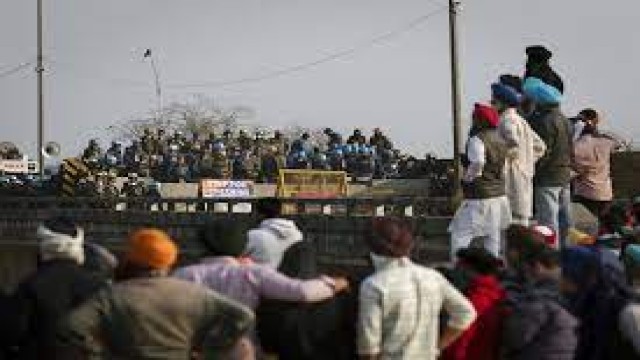
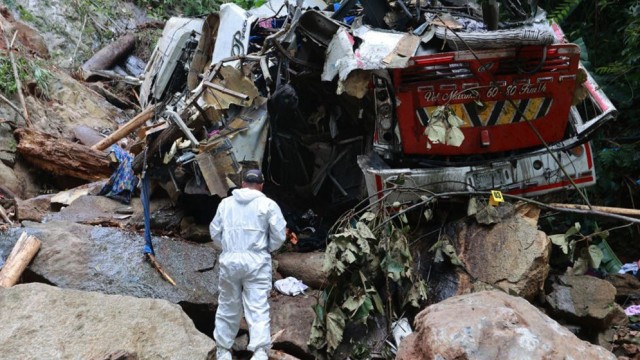
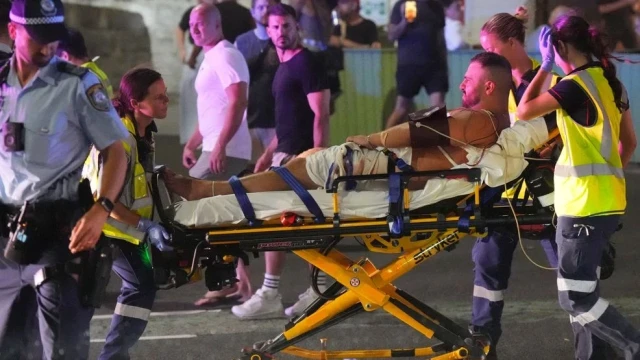
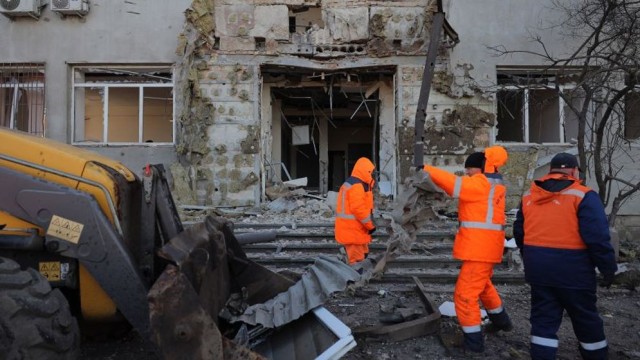
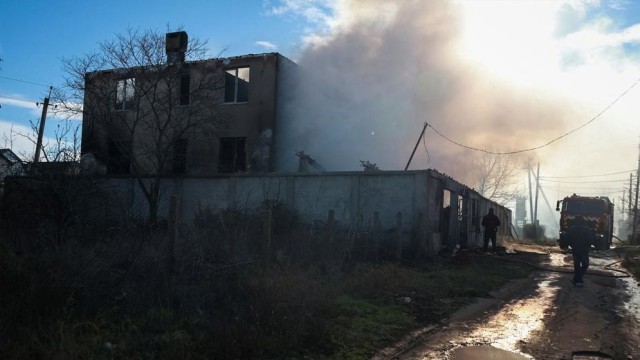
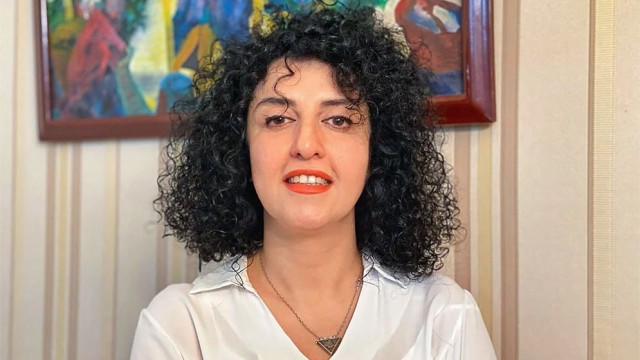
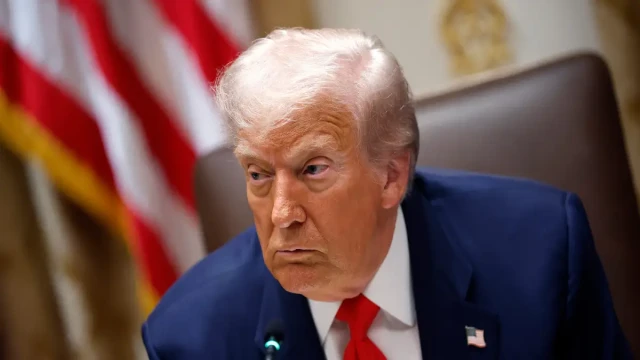
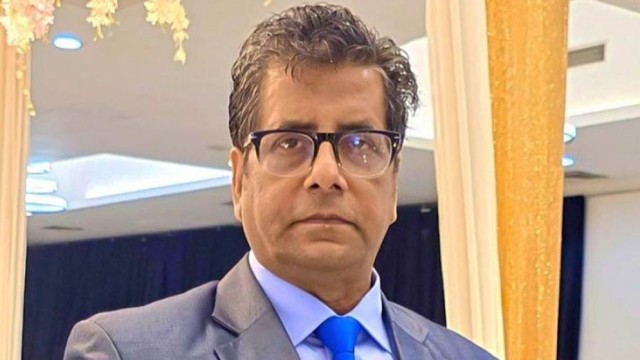
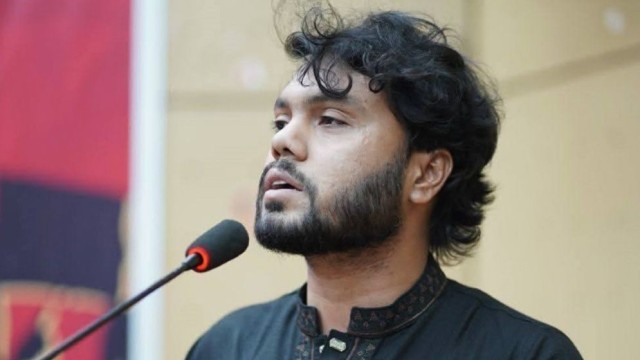

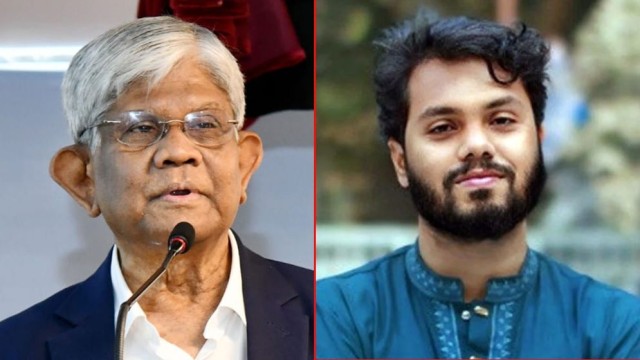
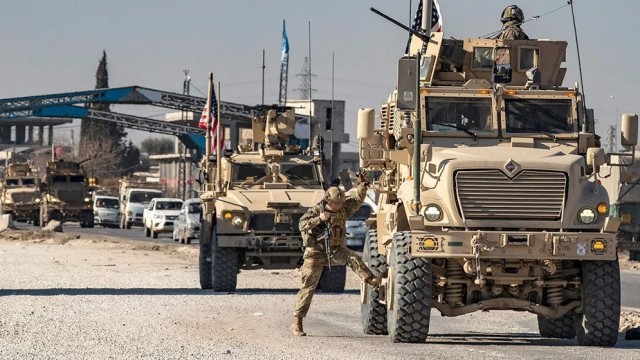
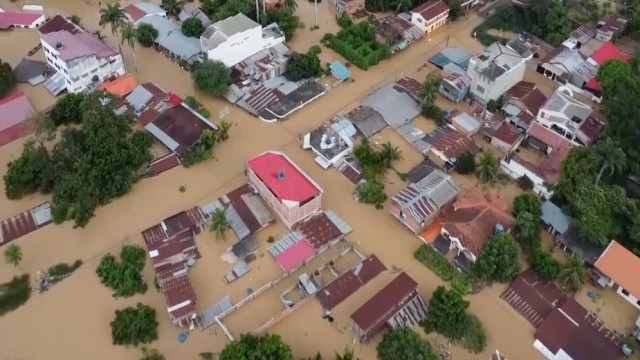
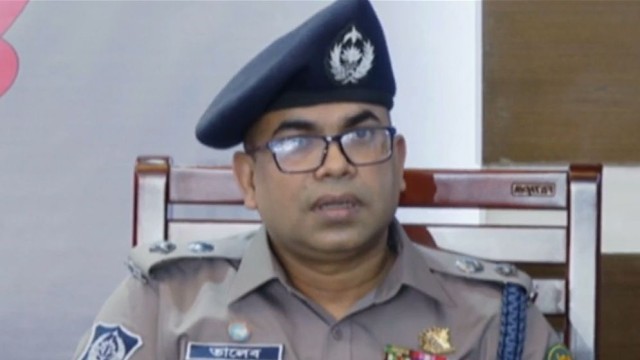
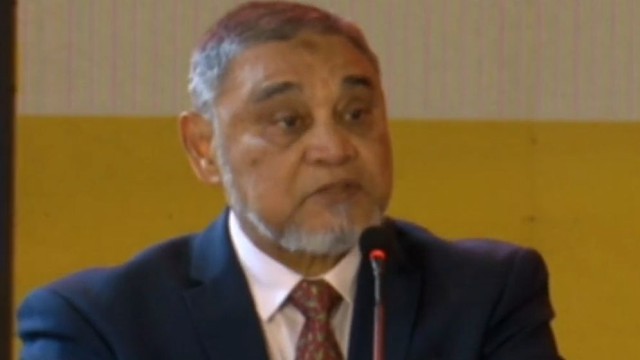
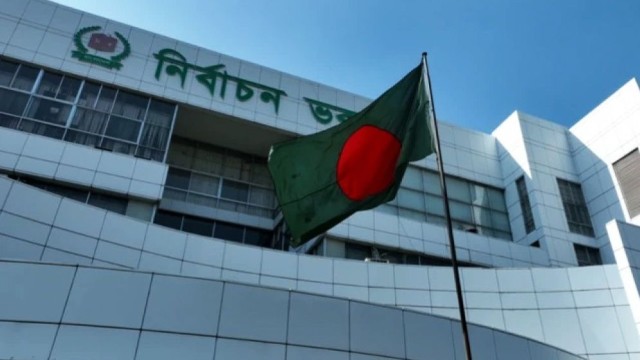


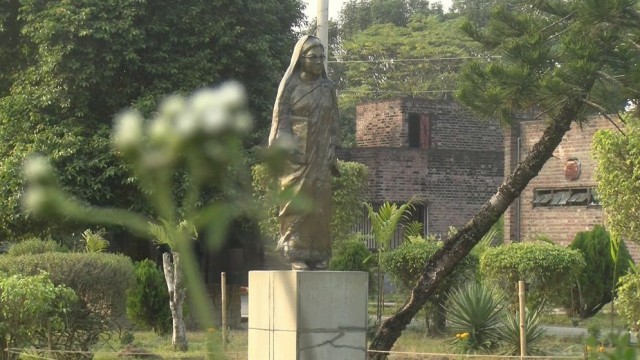
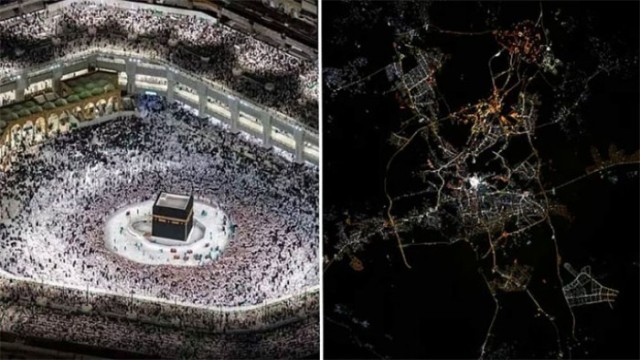
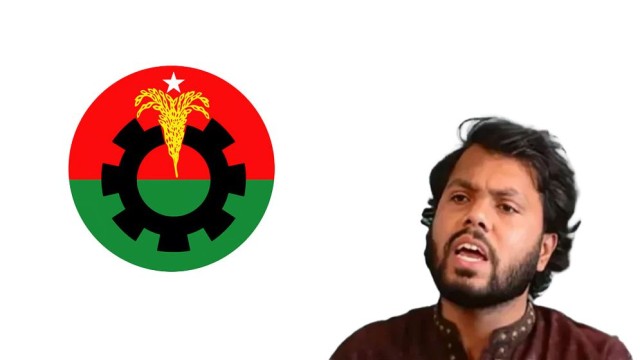
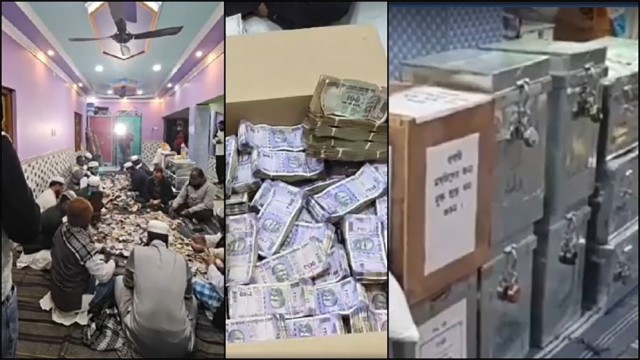
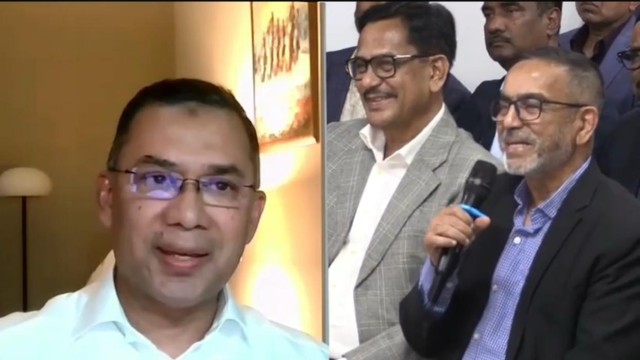
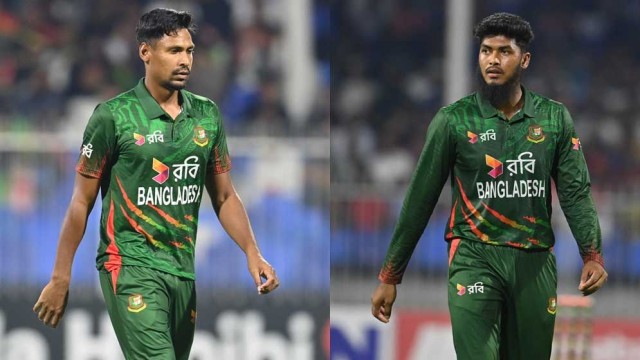
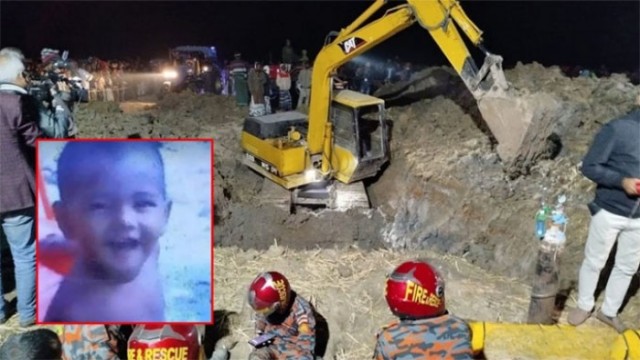
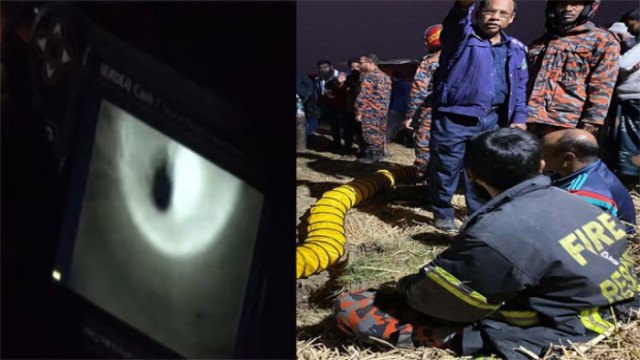
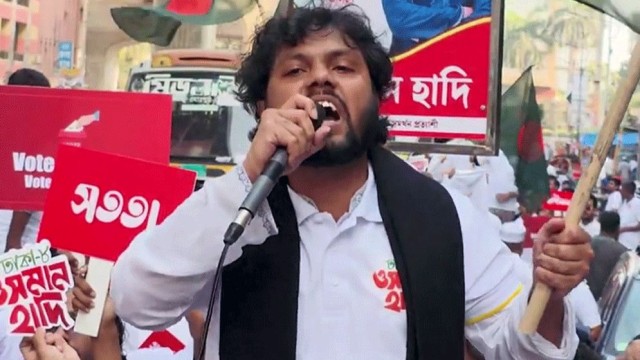
Comment: